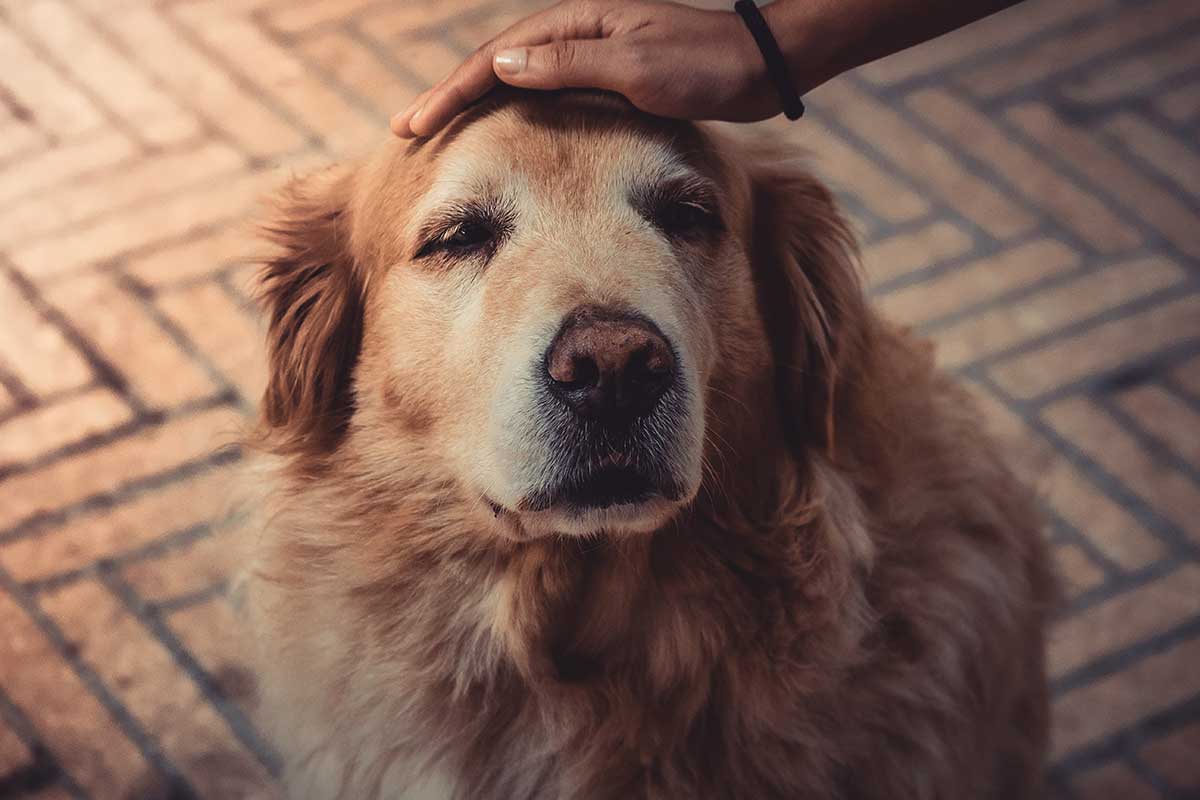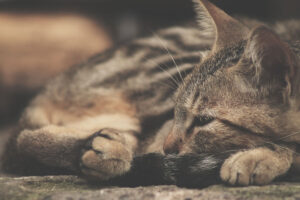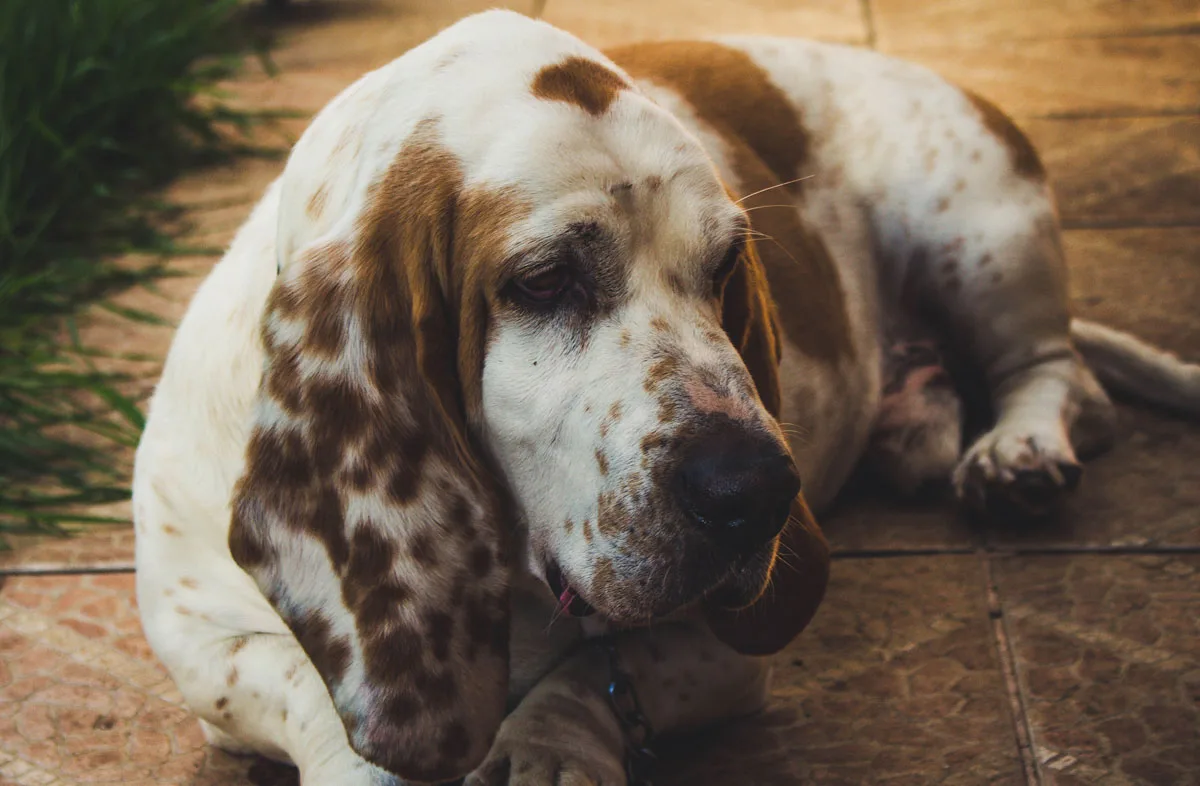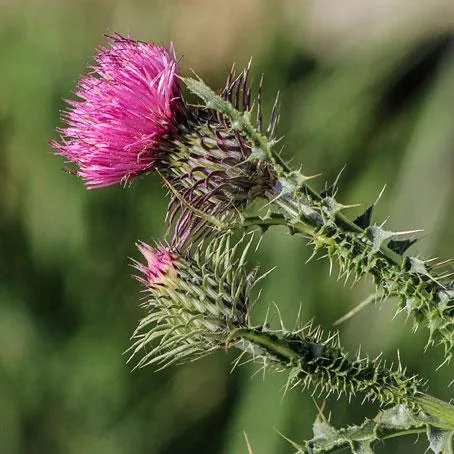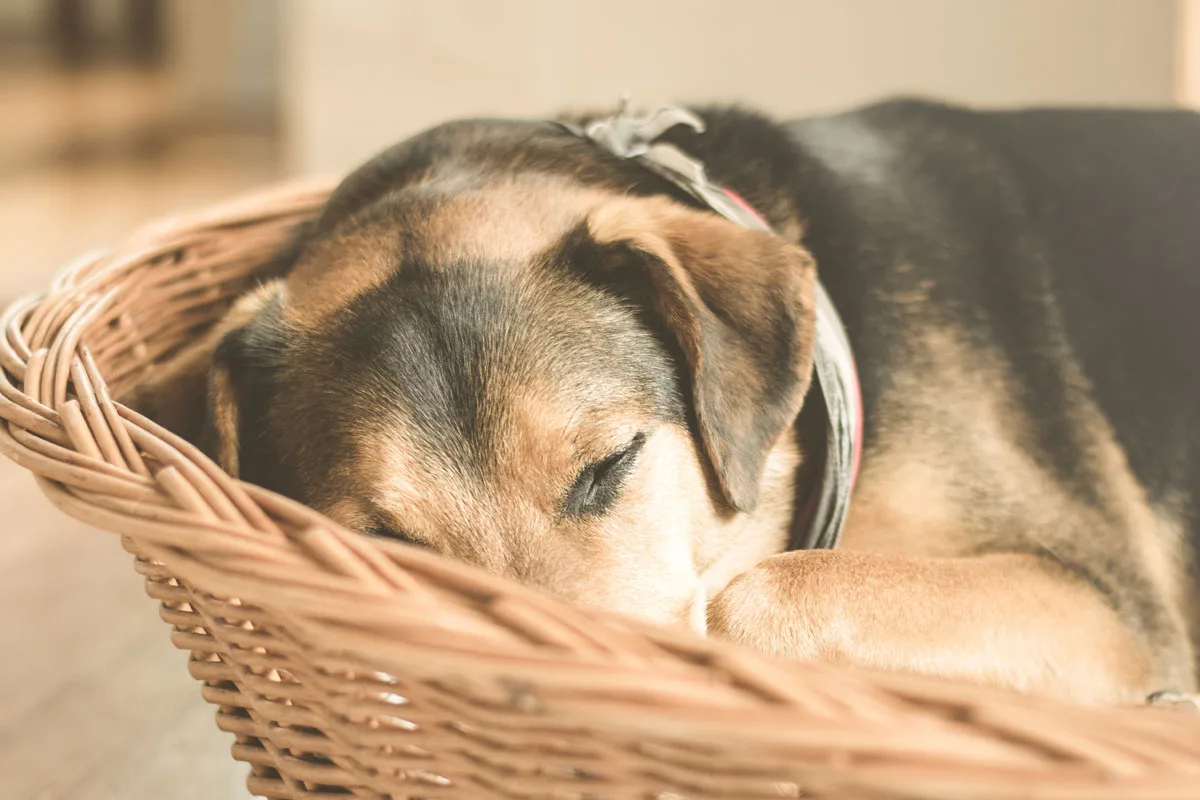
To maintain the health of your pet operations may be unavoidable and caring for pets post-operation is important to ensure they recover well.
As an owner, it can be stressful for your pet to be unwell and to leave them at the vets for surgery. Caring for pets post-operation can differ, as each pet is different, and can be dependent on their age, breed and condition.
To aid their recovery and maintain the health of your cat or dog, the care that they receive once they are back home with you may be as important as the operation itself.
To maintain your pet’s optimum health, here are some top tips to aid their recovery following surgery:
Speak to your vet
Following your pet’s operation your vet is the best resource for advice. Make sure you ask them any questions you have with regards to after care, and be sure to follow their advice.
Keep your pet indoors
Some pets may take longer than others to get back to their former self. Be sure to keep your dog or cat inside for the recommended number of days. For cats, it is usually recommended that they stay indoors for 1-3 days following surgery.
Make your pet comfy 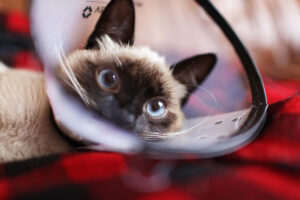
Create a safe den for your pet to recover in. Make sure it is in a place that is easily accessible and your pet has access to water and for a cat – their litter tray. Provide them with lots of bedding for warmth and comfort.
Keep your pet calm
Your pet may need a calm and quiet environment to recuperate. Don’t let your dog or cat get over energetic and speak to family members about giving then space and time to recover. Try to reduce any jumping up on furniture to prevent opening wounds.
Keep an eye on wounds
Try to keep an eye on your pet’s wound to look out for infection. If you are worried that it might not be healing as well as it should, speak to your vet.
Prevent licking or biting
Your pet may be restless if their wound is particularly irritating and they may lick and bite them. Your vet may provide a collar for your cat or dog to wear to help to prevent licking. Although these can be hard for your pet to get used to, try to leave it on as long as possible, as it will help the recovery process.
Give your pet some TLC
Just like humans, an operation can be a stressful event. To help reduce stress for your pet and reassure them, give them some attention. Although some pets may prefer to be left alone and recover in peace, be extra attentive and keep an eye on your dog or cat whilst they recover.
Diet
When caring for pets post-operation, your vet may recommend a specific diet to help speed up your pet’s recovery. They may suggest high-quality proteins found in boiled chicken, scrambled eggs and white fish, which can aid wound healing.
Be patient
After a few days your pet may seem like they are back to their normal self. However, be sure to stick to your vet’s advice and not rush their recovery. They may be running around again, but their wounds might still need time to heal.
Keep exercise to a minimum
When your pet is ok to go back outside, only allow gentle exercise to start with. For your dog take them on gentle walks to burn off excess energy. Only let your cat out in the garden and try not to let them wander too far.
To help manage your pet’s health whilst they recover, speak to your vet about any of the above. They will be able to offer the best advice with regards to your pet’s health needs. Ask your vet about Nutramed, which has been specifically formulated to support your pet’s natural systems that control inflammation. It also provides multimodal support for joints, soft tissues and liver function.
